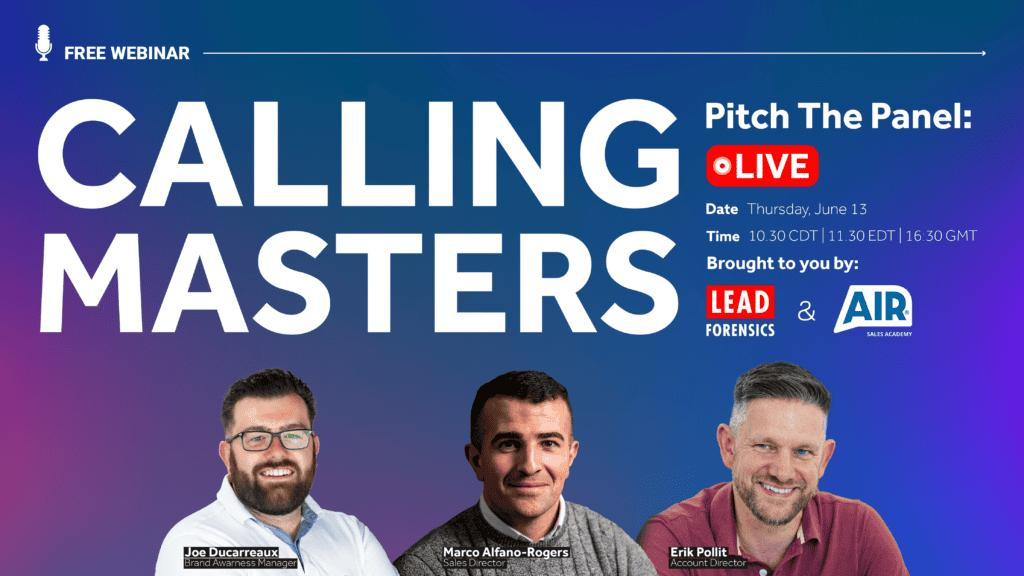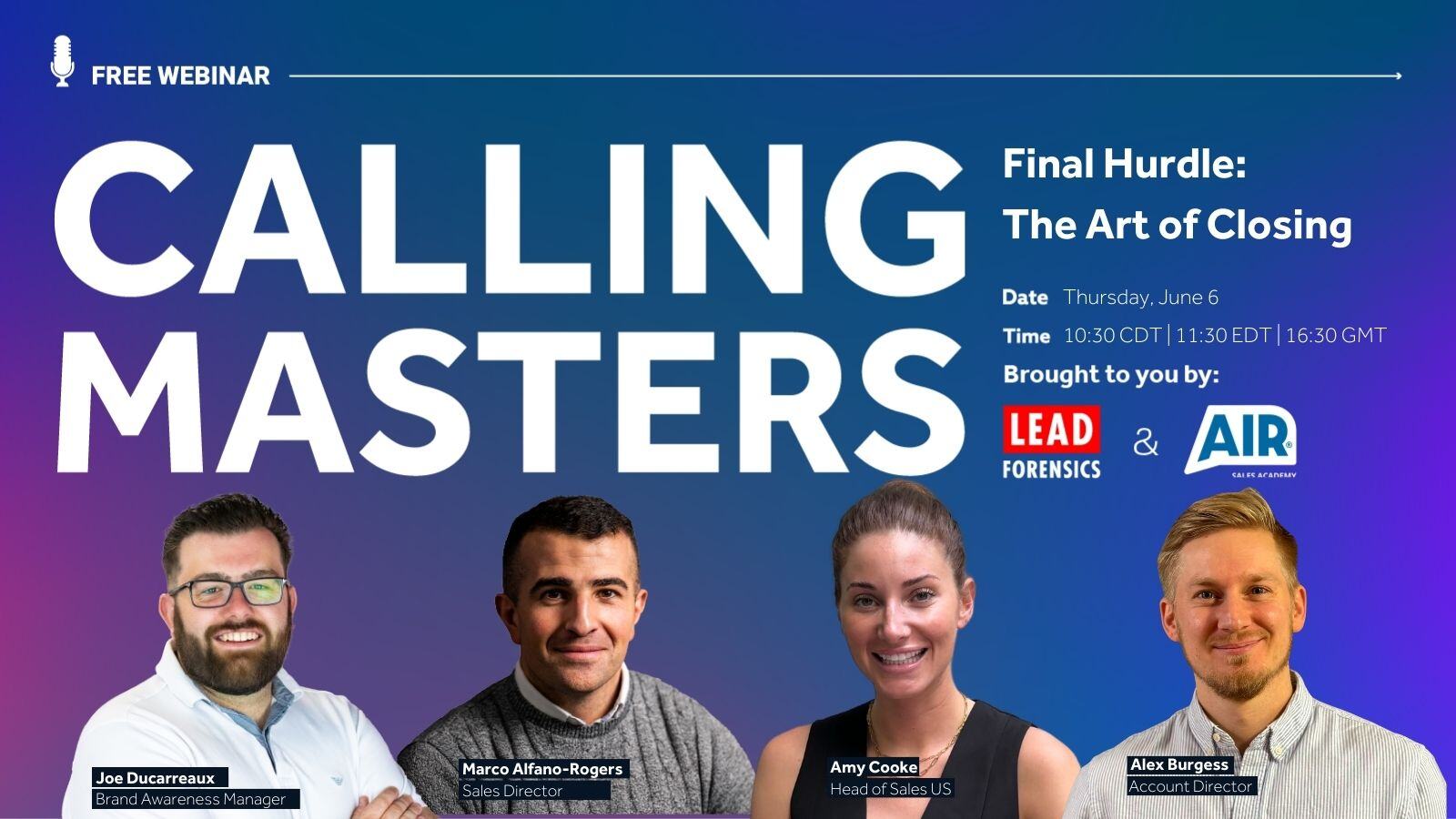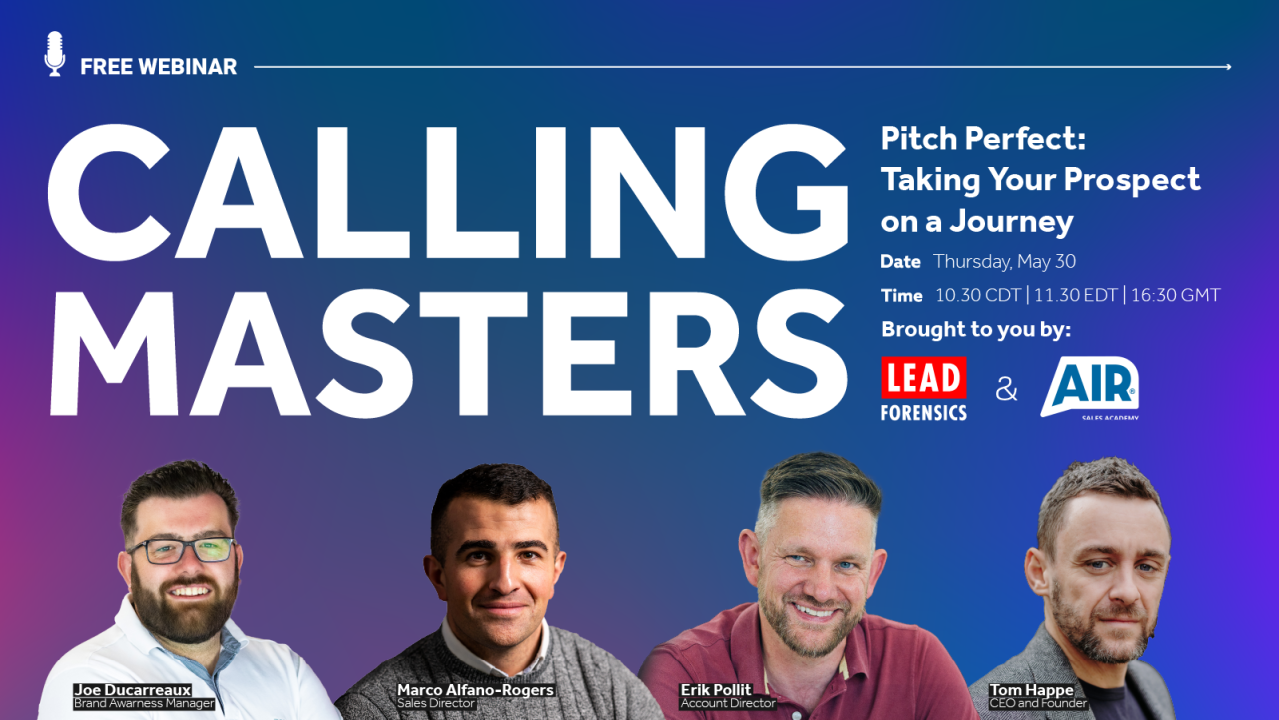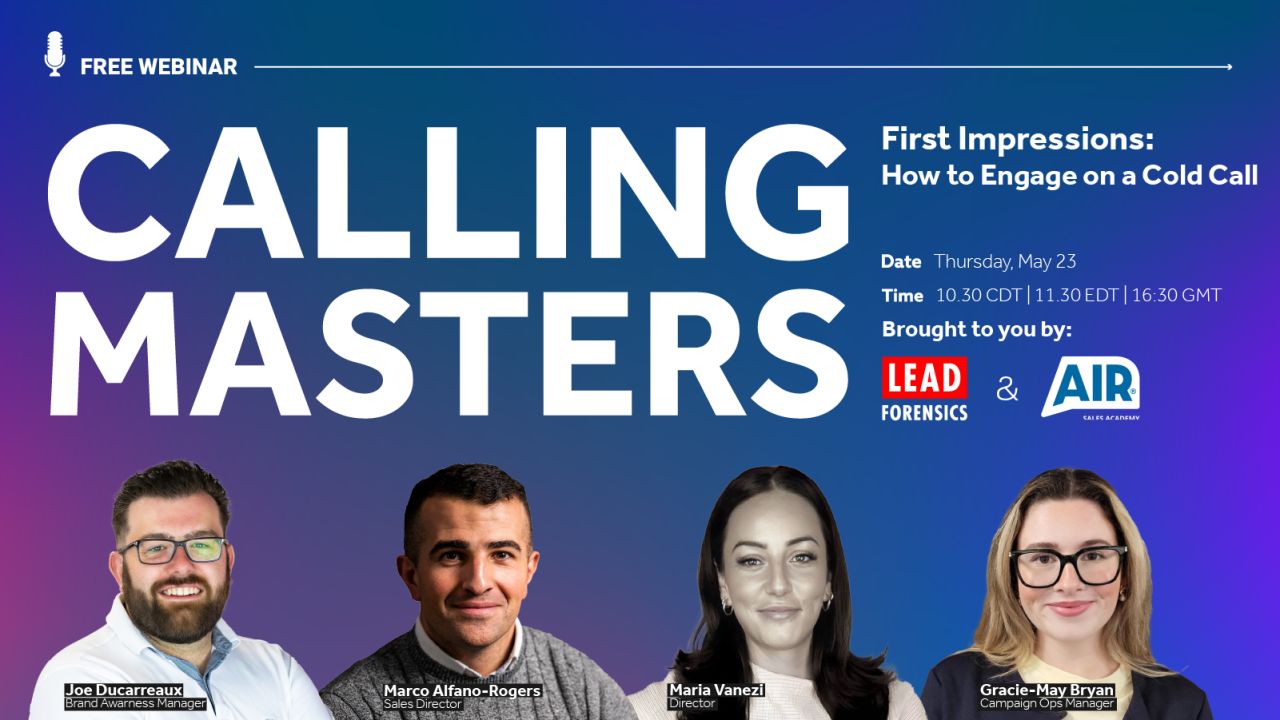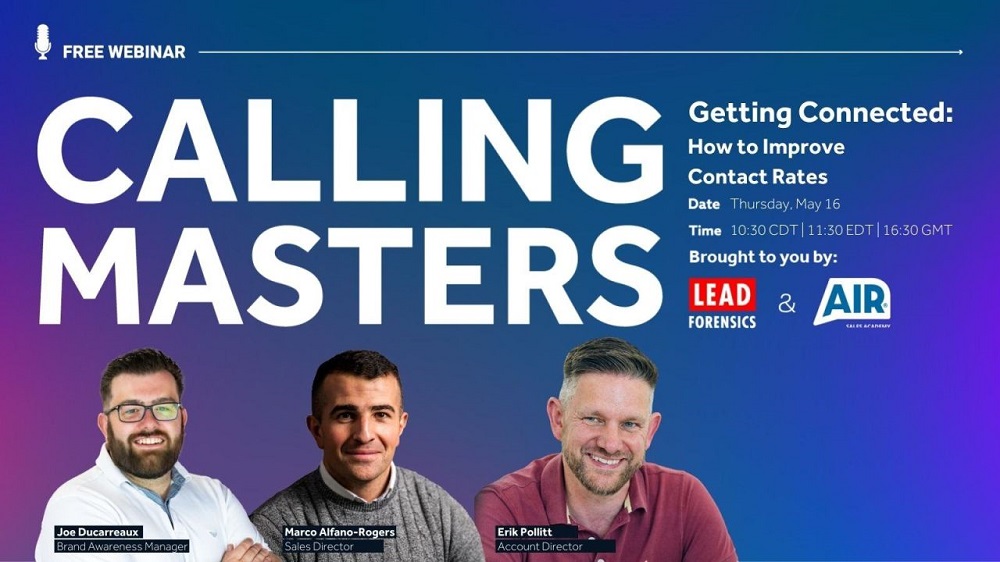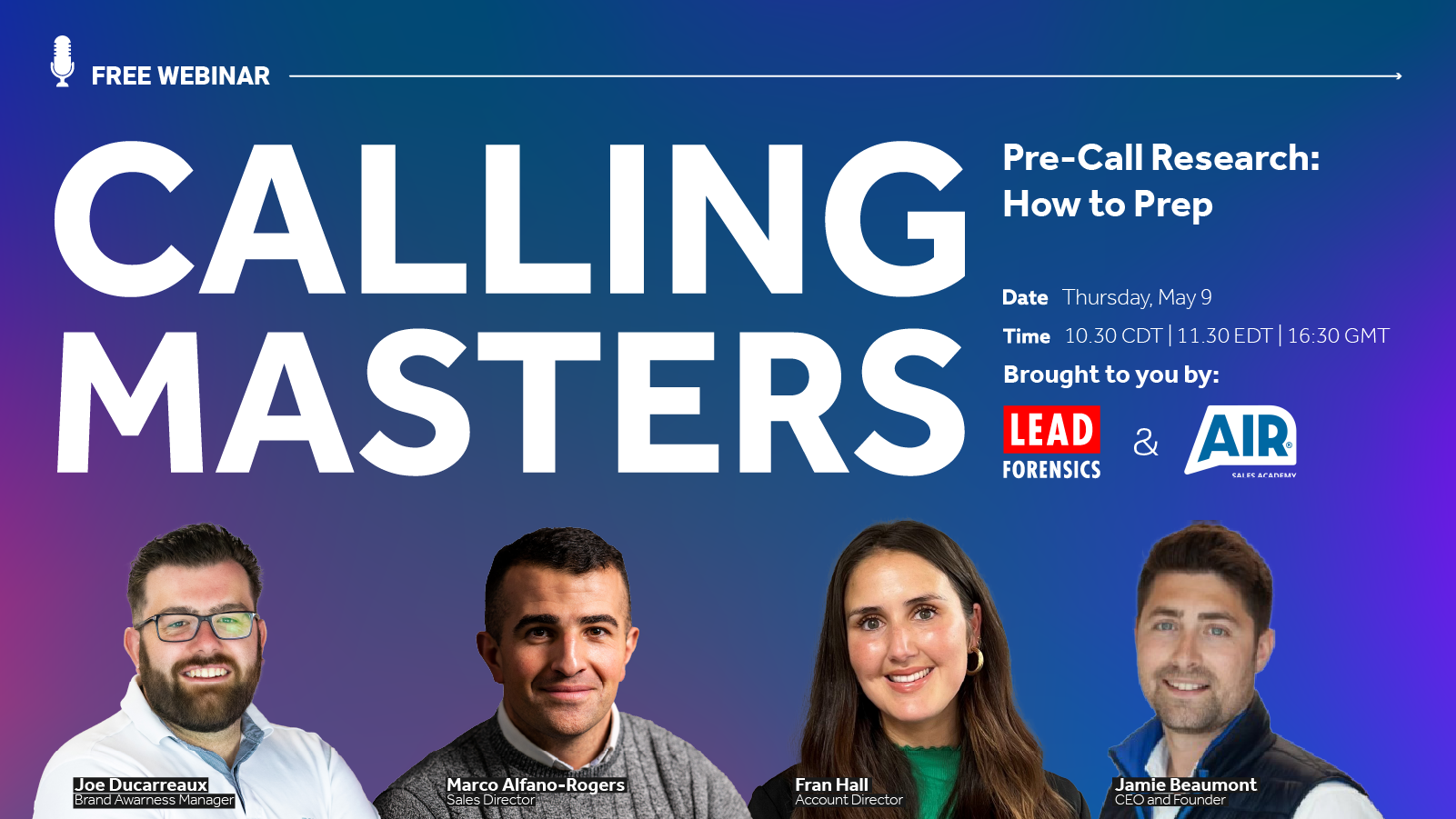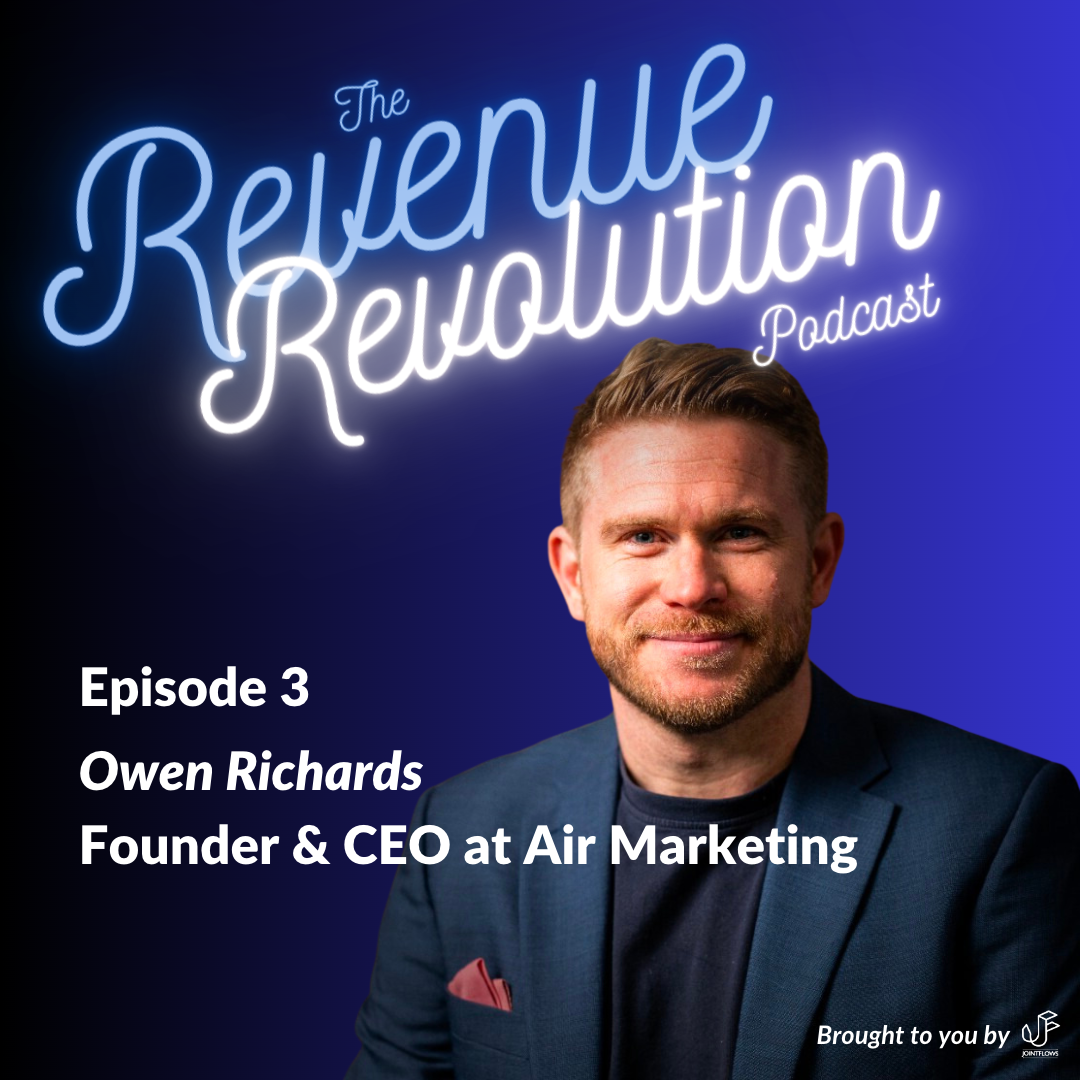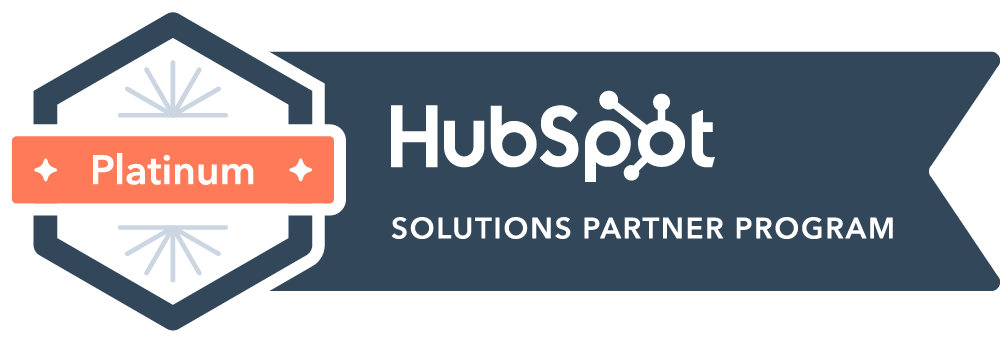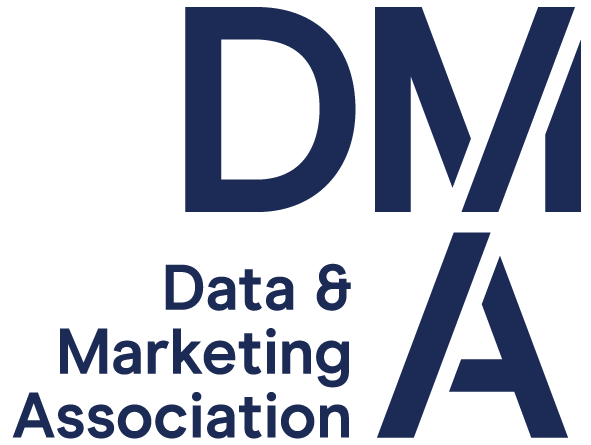In B2B sales, the real challenge isn’t generating leads—it’s generating the right leads.
If you’re looking to improve your sales pipeline quality and increase conversion rates, the solution lies in strategic preparation, not just volume. At Air Marketing, we’ve seen time and again that the single most effective tactic for boosting lead qualification is pre-call research.
By understanding the prospect before you ever pick up the phone, you equip yourself with the insights needed to have meaningful, relevant conversations that open doors—not shut them.
These insights were originally explored in our Calling Masters webinar – watch the full session here.
Why Pre-Call Research Is Key to Better Lead Quality
Cold calling, when done without context, is often met with indifference. When done with insight, it becomes a powerful tool for starting qualified sales conversations.
Pre-call research helps shift your approach from generic outreach to tailored messaging. It increases credibility, improves rapport, and ensures you’re targeting people and businesses with the highest potential to convert.
Start with a Clear Ideal Customer Profile (ICP)
High-performing sales teams don’t treat every prospect equally—they prioritise the ones that match their Ideal Customer Profile.
Understanding your ICP allows you to filter by relevant industry sectors, company size, and decision-making roles. That clarity ensures you’re speaking to organisations that not only need what you offer, but are structurally and strategically aligned to act on it.
This is a fundamental step in every outbound campaign we run at Air. It keeps messaging sharp, outreach relevant, and lead qualification rates high.
For a deeper dive into defining and leveraging your ICP, read our guide: Swipe Right: How to Match with Your Ideal Customer Profile.
Solve Specific Problems, Don’t Deliver Generic Pitches
The most successful sales calls start with a solution-focused mindset. But you can’t offer a solution if you don’t understand the problem.
By taking a few minutes to explore recent company activity, sector trends, and likely challenges, you’re better positioned to demonstrate value. That preparation allows you to speak directly to the pain points that matter most, making your proposition immediately more compelling.
Use Insight to Build Trust
Tailored calls that reference specific details about the prospect’s business stand out. Whether it’s a recent funding round, industry recognition, or a strategic initiative—they signal that you’ve done your homework.
This builds trust early in the call and positions you as someone who respects the prospect’s time. In a crowded market, that kind of credibility makes all the difference in moving a lead from cold to qualified.
What to Research Before You Call
Here’s how to prepare efficiently and effectively:
1. Company Information
Industry trends and challenges
Company size and structure
Press coverage, funding, partnerships
Website content and service lines
2. Decision-Maker Context
Job title and responsibilities
LinkedIn activity and content
Career milestones or professional interests
It’s about surfacing the information that can enrich the conversation—not overwhelming the prospect with a data dump.
3. Business Triggers
Expansion into new markets
Hiring trends or leadership changes
Regulatory pressures or sector innovation
ISO or ESG ambitions
These are often signs that an organisation is navigating change—and may be more receptive to new solutions.
4. Tools to Make It Easier
Our team leverages tools that cut through the noise, including:
BuiltWith – to assess technology stacks
Google News – for timely updates
LinkedIn – for individual signals and social proof
CRM history and intent data – for deeper context across previous interactions
Stay Focused: Efficient Research Yields Faster Results
Pre-call research doesn’t need to take hours. When done with discipline, it can take just 5–10 minutes and yield much higher-quality conversations.
The key is to find the balance: not so much research that it delays outreach, but not so little that it results in unqualified leads.
To maintain momentum, set clear time limits per prospect, segment your research by persona or vertical, and focus only on details that will genuinely support your conversation.
Putting Research Into Action
Research is only useful when it’s applied. Here’s how to bring it into the conversation without overwhelming the prospect:
Start With Relevance
Mention a recent update or known challenge to demonstrate that you’ve prepared. Then link that insight directly to how your solution can help.
Avoid Information Overload
Use just enough detail to demonstrate understanding. The goal is to create a sense of familiarity and relevance, not to show off how much you know.
Ask Smarter Questions
Guide the conversation by referencing industry context or common pain points. Asking “Is that something you’re seeing as well?” opens the door to discussion and deepens the prospect’s engagement.
Common Cold Calling Challenges – and How Research Helps
Cold Call Anxiety
Preparation builds confidence. Knowing your value proposition, understanding the audience, and being ready for objections makes each call more manageable.
Staying grounded in facts and insights also keeps the call professional, even when a prospect isn’t receptive.
Engaging Senior Stakeholders
Executives expect relevance and impact. Research allows you to cut to what matters—commercial results, risk mitigation, or strategic growth.
By speaking their language and demonstrating domain knowledge, you elevate the conversation and increase your chances of success.
Research + Relevance = Better Leads
If your goal is to increase qualified B2B sales leads, pre-call research is one of the most impactful habits you can adopt.
It improves call quality. It raises conversion rates. It helps you stop wasting time on the wrong leads and start focusing on the right ones.
At Air Marketing, we embed this thinking into every sales campaign we deliver—because preparation isn’t a luxury in outbound sales. It’s a performance advantage.
Ready to Improve Your Lead Quality?
Air Marketing helps businesses generate more qualified B2B leads through targeted, insight-led outbound sales campaigns. From strategy and messaging to SDR execution and reporting, we manage the full process—so you get results without guesswork.
📞 Request a quick discovery call and learn how our outsourced SDR teams can build your pipeline with precision.


